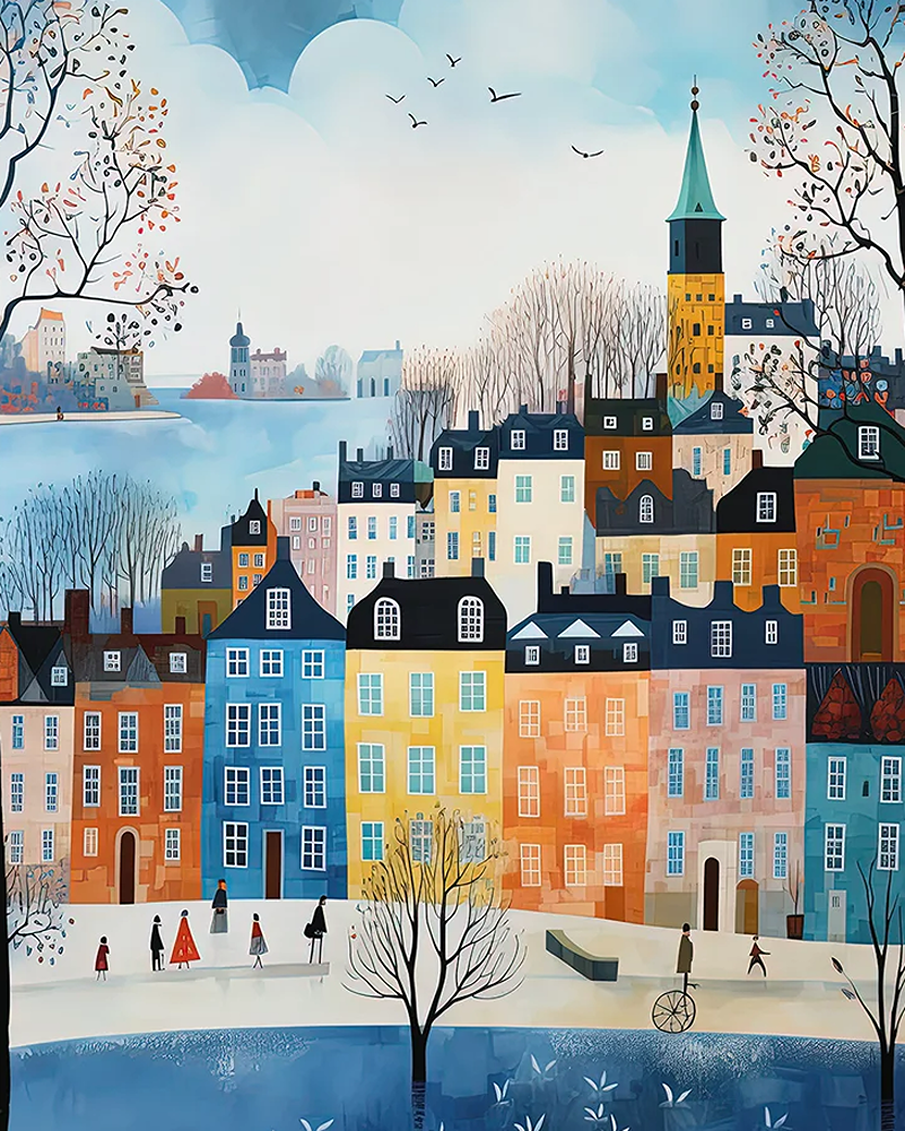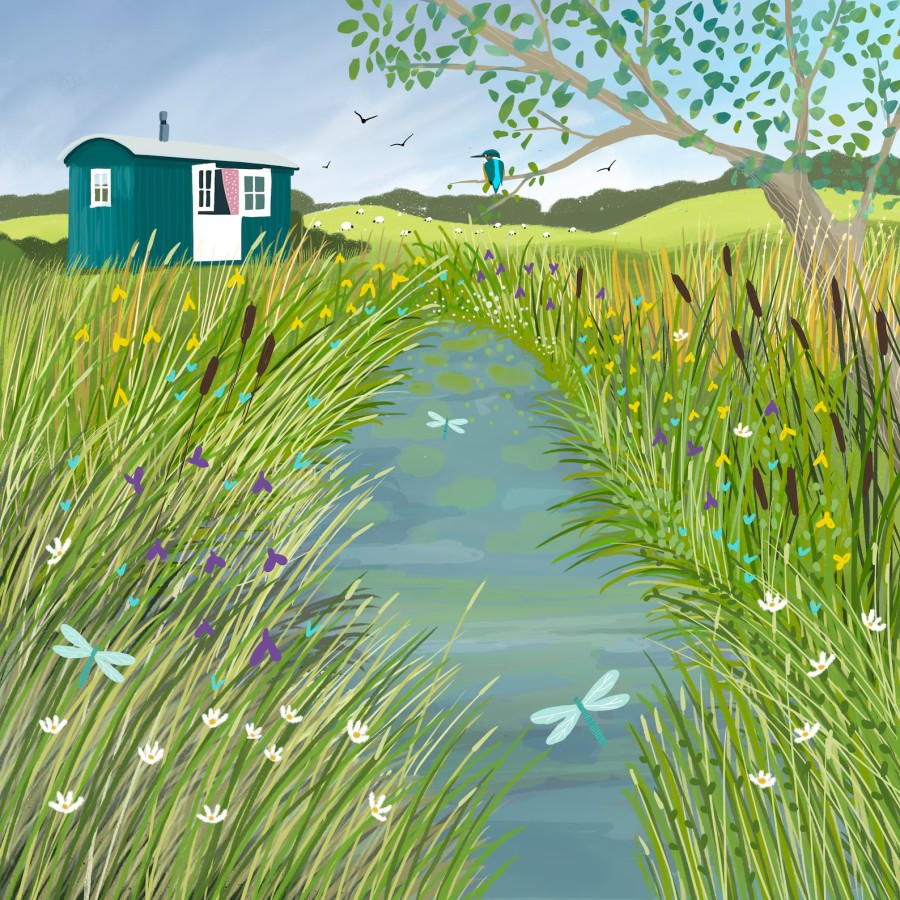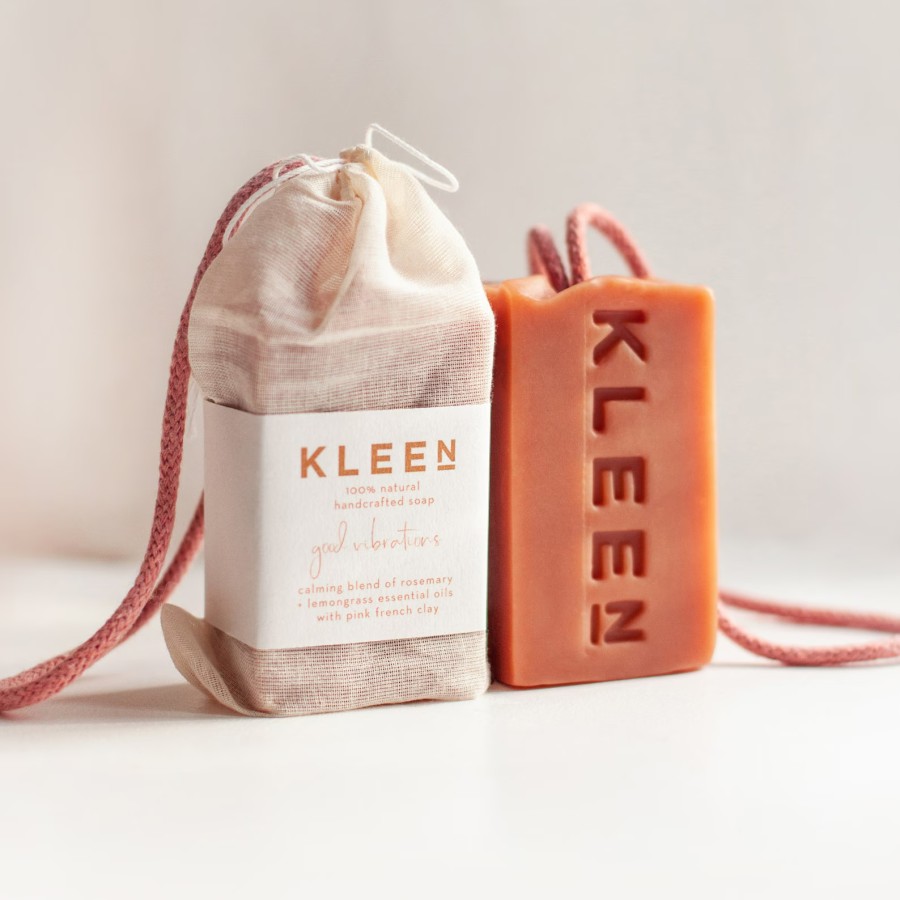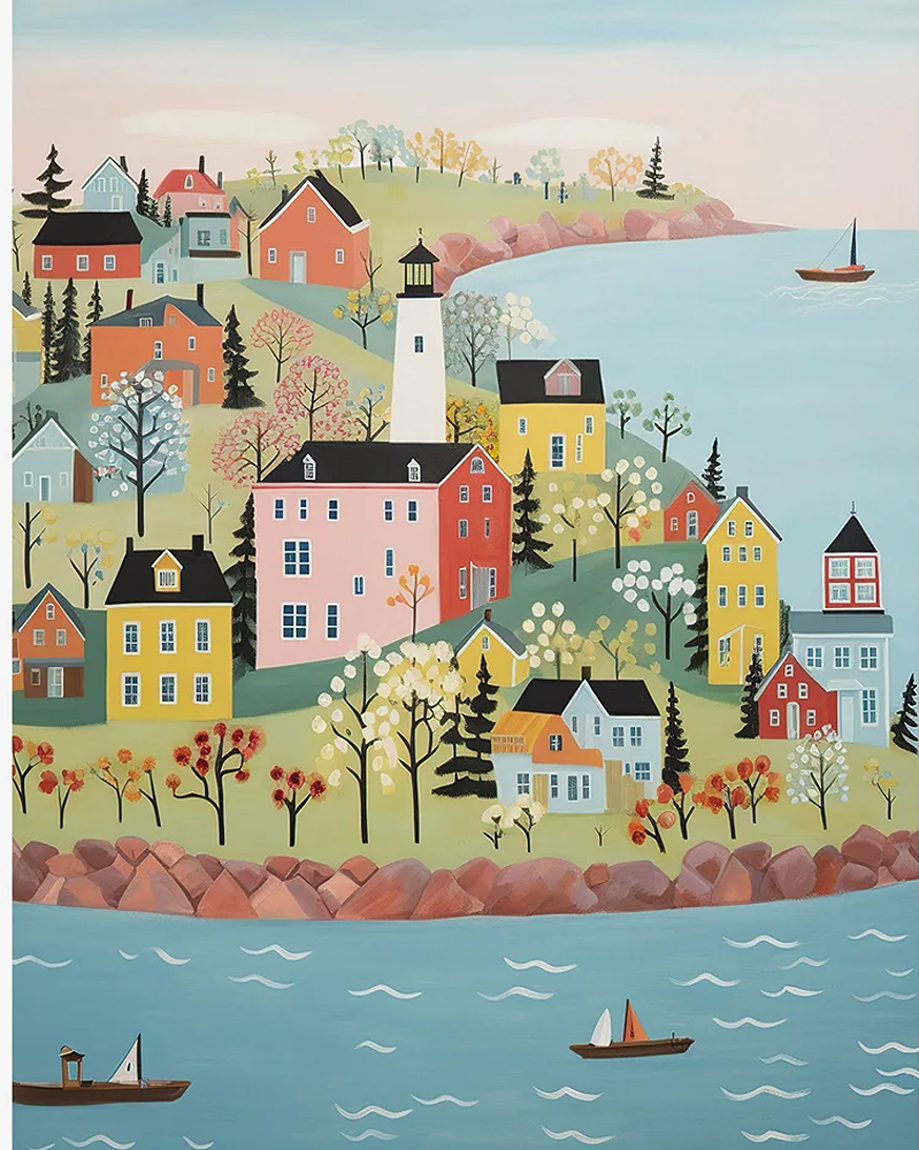
Denmark (along with Finland) is the world’s happiest country, despite it being freezing cold and dark most of the year. It’s flat (so popular for walking and cycling) and many people indulge in ‘hygge’ (a sense of cosiness) where rather than binge-watch TV in winter, it’s time for outdoor walks or firetime snuggles with warm socks and books.
Unless you live under a rock, you likely know that ‘Danish bacon’ is often promoted as being the best. In fact, it’s popular in the UK due to a huge demand for cheap meat, because in a cost-of-living crisis, people instead of buying less meat (paying more for free-range) now demand more cheap meat. Denmark has even now created a new factory in England to cope with demand. Instead, read more on plant-based alternatives to bacon.
There is lots to like about Denmark. The government is trusted and people are looked after financially from cradle to crave. There is little homelessness and no celebrity culture, so people just take care of themselves, easier when you can pay your bills due to good benefits. And not live in a cold damp bedsit, dreaming of winning the lottery like often happens in England.
Copenhagen is the world’s most walkable city, madeover from gridlock by architect Jan Gehl, who made the main street car-free then added more car-free lanes, bicycle rentals and heated street lamps. Walkable cities also make it safer for people, pets and wildlife – and vulnerable people like women, the elderly and disabled. Read Walkable City Rules, with 101 simple changes town planners could make – from making places more comfortable and interesting, to escaping car obsession, and getting the parking right.
Like England, Denmark has lots of beach huts. But these don’t cost a small fortune to buy, instead nearly everyone owns a small one (people abroad can’t buy them). The doors face sideways (rather than to the sea) and they are more like ‘little castles’ with flowery curtains, chipped crockery and tiny rooms. This is where people go, when the sun finally comes out!
People in Denmark are polite, formal and punctual. There’s a story on how Danish people behave. You tell neighbours you’ve moved next door and invite them for dinner in 6 weeks, when you’ve sorted yourself out. Weeks will go by and your new neighbours don’t talk. So you forget about it, thinking they don’t like you. Then 6 weeks to the dot, they will ring the bell and arrive, expecting their dinner! That’s how Danes operate. They will give you space, but are direct and will keep to their word.





